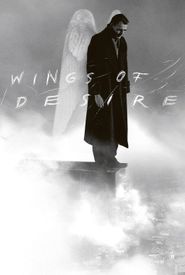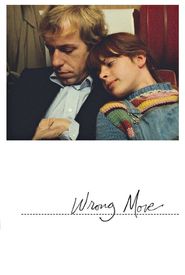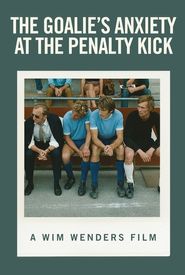Peter Handke's early life and education
Peter Handke spent part of his childhood in Carinthia and Berlin, and later attended a boarding school in Tanzenberg. He completed his high school diploma in Klagenfurt in 1961 and then began studying law in Graz. It was during this time that he became acquainted with the Graz group "Forum Stadtpark" and began publishing his prose texts and working on radio projects.
Handke's early writing career
Handke's first novel, "The Hornets," was published in 1966, and he dropped out of his law studies to focus on his writing career. He went on to publish a number of works, including "Audience Insults and Other Speech Pieces" (1966),"The Peddler" (1967),and "The Inner World of the Outer World of the Inner World" (1969).
Thematic work
Handke's most important thematic work is "Kaspar" (1968),which explores the determinability and influence of language. In this work, he draws attention to the conventionalized ways of perceiving and experiencing through language and demands that literature dissolve conventionalized meanings. He also turned critically to the ways in which language can shape our perceptions of the world.
Later work
In the 1970s and 1980s, Handke continued to write a number of works, including "The Goalkeeper's Fear of the Penalty Kick" (1970),"The Short Letter to the Long Farewell" (1972),"Wishless Misfortune" (1972),and "The Left-Handed Woman" (1976). These works often explore the relationship between the self and the world and the individual self-discovery process.
Recent work and controversies
In recent years, Handke has been involved in a number of controversies, including his visit to Slobodan Milosevic in prison in The Hague and his appearance at Milosevic's funeral. He has also been criticized for his advocacy for Serbian politics and his views on the war in Kosovo. Despite these controversies, Handke has continued to write and has received a number of awards and honors, including the Nobel Prize for Literature in 2019.



























